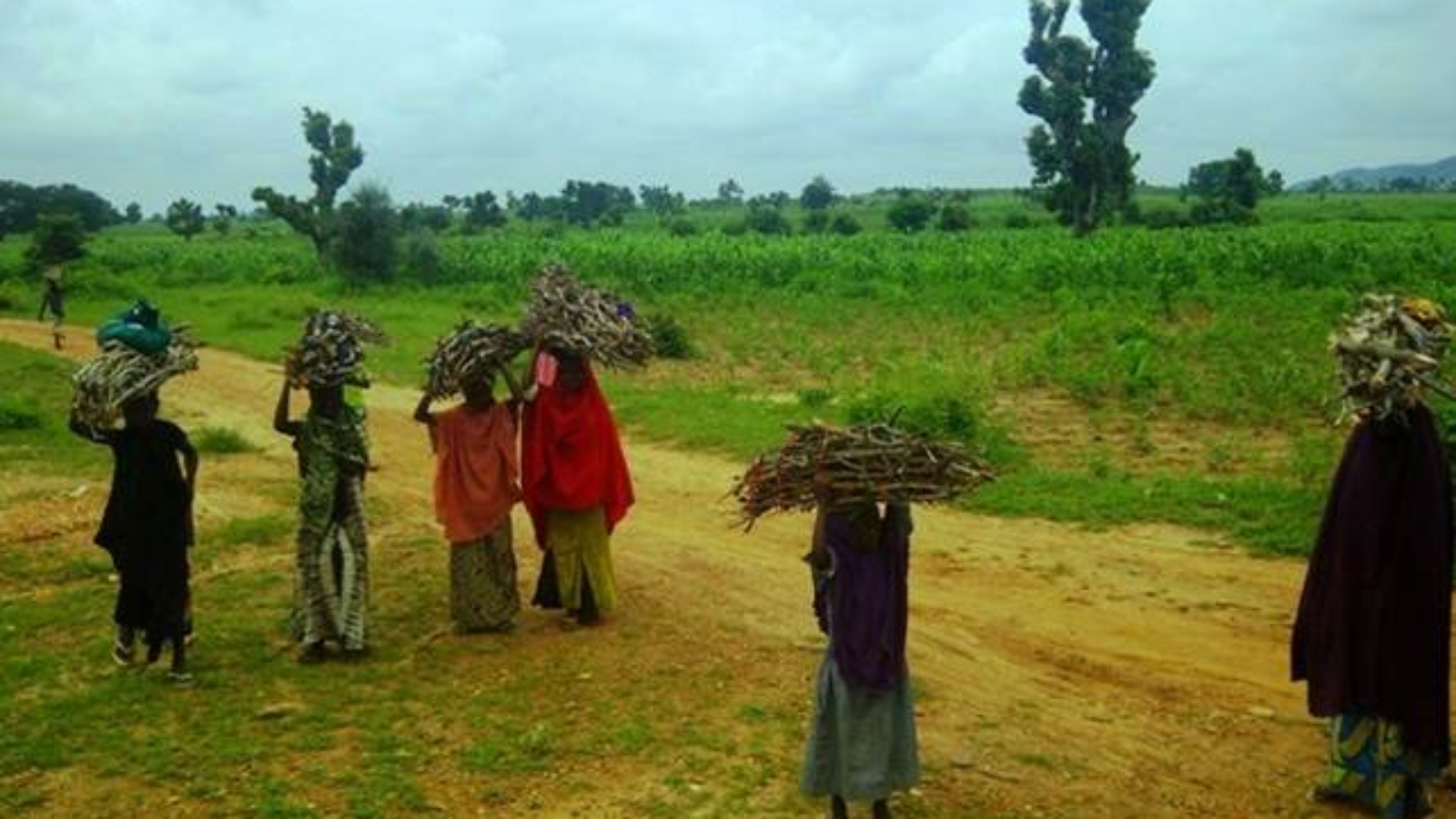By Olanike F. Deji, PhD
Rural-urban migration by men in Nigeria has greatly increased over the past 20 years, forcing rural women left in the wake of this growing exodus to inhabit roles formerly occupied by men. Despite the fact that these women are now able to assume leadership positions in both the agricultural sector and in the domestic sphere, their livelihoods are still marked by significant gender discrimination.
Gender equality is a key issue in the fields of human rights, social justice, economic efficiency, and sustainable development. In Nigeria, as with many countries, inequality is a social norm, though marked with regional variation. Although the Nigerian constitution’s preamble states that it promotes the welfare of its citizens, irrespective of gender, age, or status, and Nigeria is a signatory to several international conventions in relation to gender equity, these pronouncements are ineffectual when it comes to women’s lives in Nigeria, and particularly those of rural women.
The current vulnerability to poverty of rural women-led households can be traced back to policies enacted during the colonial period. Colonial extension services avowedly aimed to disseminate research-based innovations and technologies to Nigerian farmers, and to engage these farmers in dialogue with researchers who could act as advisors and offer provisional solutions. However, their emphasis on male-dominated cash-crop production led to women’s exclusion from what had once been, in pre-colonial society, a much more equitable agricultural division of labor. After independence, the extension services failed to reform, and women were still neglected.
As more and more men have migrated out of rural communities, rural women continue to find themselves disadvantaged by a system that has not caught up to their increasing involvement in agricultural production. The enduring legacy of colonial policies continues to favor men, so that the rights of the women who have been forced to replace men as head farmers have not yet been recognized. Men are still granted the privilege of selecting land first, while women are left with unproductive land that is overused and prone to erosion. This has led to great divides between women and men in resource quality and distribution. The degraded land left to women doesn’t sustain the growth of more profitable permanent crops like fruits, trees, palm oil, cocoa, coffee, and rubber. Because of their inability to access large plots of tenable land, women farmers have also missed out on benefits accrued from the development of the credit industry for agricultural production. The work of Nigerian researchers Akande and Igben has shown that access to credit promotes high productivity, yet few female farmers have benefited from credit given out to farms due to their inability to engage in large-scale agricultural production.
The role of technology in the agricultural sector has further magnified gender discrepancies in education and income. The gender-irresponsive nature of most technologies disseminated among the rural population has increased the productive burdens of female farmers while lessening those of their male counterparts. Improved technologies have disproportionately abetted the cash-crop farming practices typically undertaken by men, while most women’s activities are still carried out using traditional methods, which require more energy and lack efficiency. While these improved technologies lead to larger crop yields, they subsequently increase the labor required for harvest, a role traditionally carried out by women. The stark difference between men and women’s access to technologies in the agricultural sector is a testament to the Nigerian saying, “one man’s bread is another man’s poison.”
All these factors have led to a greater labor burden for rural women but without any proportionate increase in income. In a rural environment in which more women are assuming the roles left by male migrants, women have become the greatest producers of the country’s food and the key to its food security. Outdated colonial extension policies and inaccessible male-directed technologies need to be reconfigured to address the leadership roles assumed by rural women in modern Nigeria’s agricultural sector, as gender equity is indispensable to sustainable human and material development.
*****
*****
Olanike F. Deji, Ph.D. is a Senior Lecturer at Obafemi Awolowo University in Ife, Nigeria.
[Photo courtesy of CDC Global]
